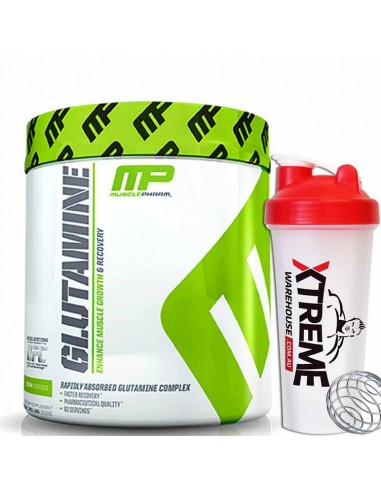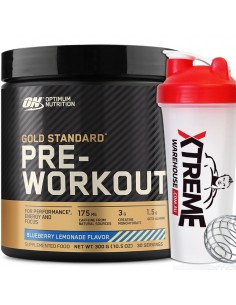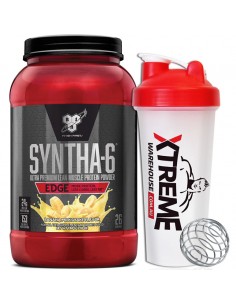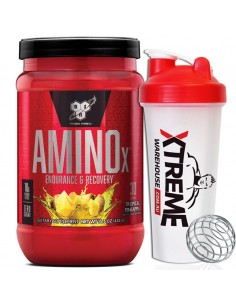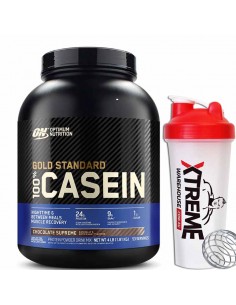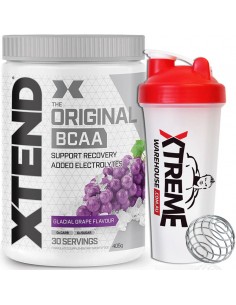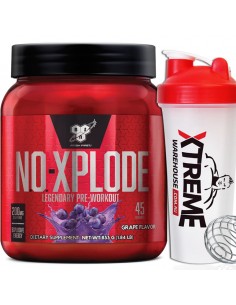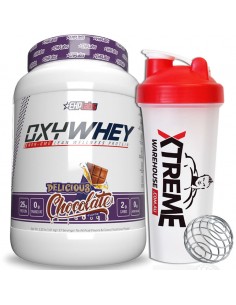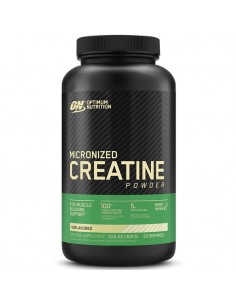GLUTAMINE
What is Glutamine?
Glutamine has been known to be the most abundant amino acid in the bloodstream. It is considered a "conditionally essential amino acid" because it can be manufactured in the body, but under extreme physical stress the demand for glutamine exceeds the body's ability to synthesize it. Most glutamine in the body is stored in muscles followed by the lungs, where much of the glutamine is manufactured. Glutamine is also important for removing excess ammonia, a waste product, from the body. Many types of immune cells rely on glutamine and without this, the immune system would be impaired. Adequate amounts of Glutamine can be obtained from diet alone because the body is also able to make glutamine on its own. Medical conditions such as, injuries, surgery, infections, and stress can deplete the body of glutamine. In these cases, glutamine supplementation may be necessary.
What are the uses of glutamine?
Glutamine comes into play when the body is in need of repairing. When the body is stressed, cortisol is released into the bloodstream and elevated cortical levels can deplete glutamine stores. Since glutamine plays a key role in the immune system, a deficiency in this nutrient can significantly slow the healing process. Studies have shown that glutamine supplements enhance the immune system and reduce infections (particularly infections associated with surgery). Glutamine supplements may also aid in the recovery of severe burns.
What are its benefits?
Some benefits of glutamine are:
- It keeps your muscles from being catabolized for use of the other cells in the body
- It helps maintain cell volume and hydration and speeds up the wound healing process
- Glutamine can help produce growth hormones
- Glutamine and may serve to boost the immune system, for body builders this is important because heavy workouts tend to deplete glutamine levels in the body.
- It helps with the transportation of potassium across the blood brain barrier, although glutamine itself does not cross the barrier easily.




